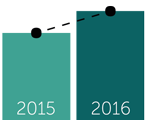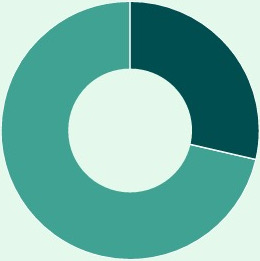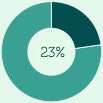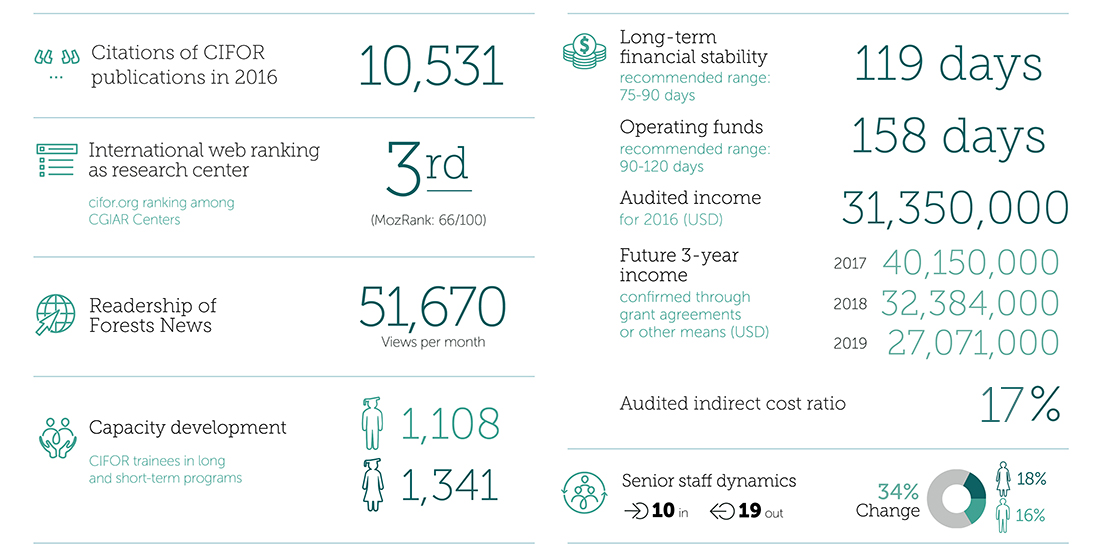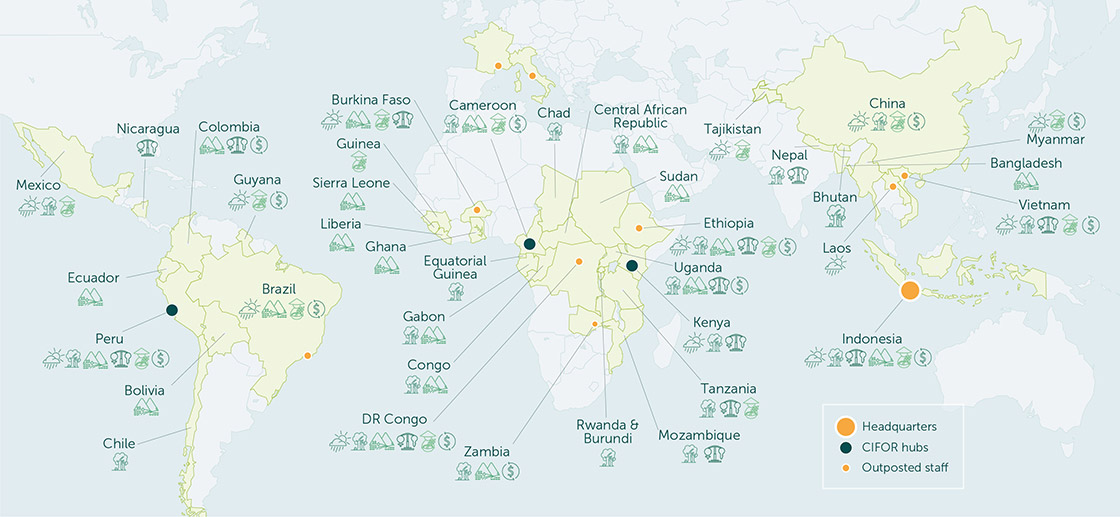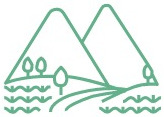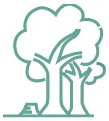
Tools for learning
A forum for indigenous women and land rights
To overcome the obstacles that prevent local communities and governments from putting forest-tenure reforms into action, CIFOR researchers have set up workshops in Peru, Uganda and Indonesia to bring everyone to the table.
Using a method called Participatory Prospective Analysis (PPA), community leaders, government officials and technical experts shared insights on how to design better forest-tenure reform policies.
PPA begins with a workshop to identify the factors that affect the process of securing land tenure, be they social, technical, economic, political or environmental. These are run through a computer program that shows how the factors interact with each other, allowing participants to zone in on the most important ones. Armed with this shortlist, they discuss different avenues they and their organizations can take to influence land-tenure policy.
In Peru, which boasts 68 million hectares of forest (over 50% of the total country area), forests are the property of the state, though important areas of the Amazon have been included in indigenous territory titles. Low participation among women in tenure reform processes has resulted in land use and access rules that fail to reflect their needs. To encourage their input, CIFOR and the National Amazonian and Andean Women Indigenous Organization (ONAMIAP) organized a two-day workshop.
For me it is important to be aware of our rights as women. In the workshop we learned not only about the problems facing people in other regions, but also that we want a lot of the same things: having our collective lands titled, safeguarding our traditions and keeping our communal lands and collective rights secure. Workshop participant (anonymous)
The workshop brought together 38 representatives from 16 women’s organizations from across Peru, including coastal areas, the Amazon and the Andes. CIFOR presented results from similar workshops in two regions of the Amazon and encouraged the women to share their perspectives. The group exchanged stories on the challenges they face and explored ways to take on new roles in the process of recognizing collective tenure rights to land and forests.
In Uganda, similar workshops were held at the national and the sub-national level to better address women’s perspectives on the factors that hinder tenure security.
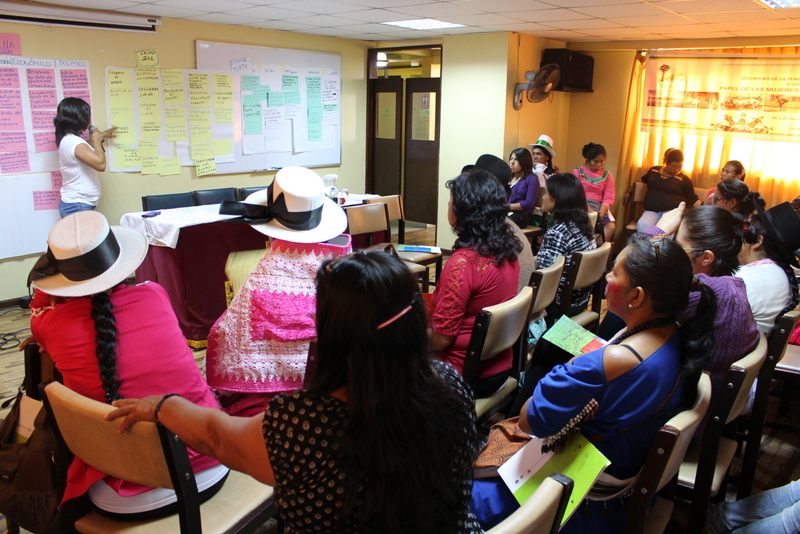
Photos by F. Valencia and J. Saldaña/CIFOR.



























